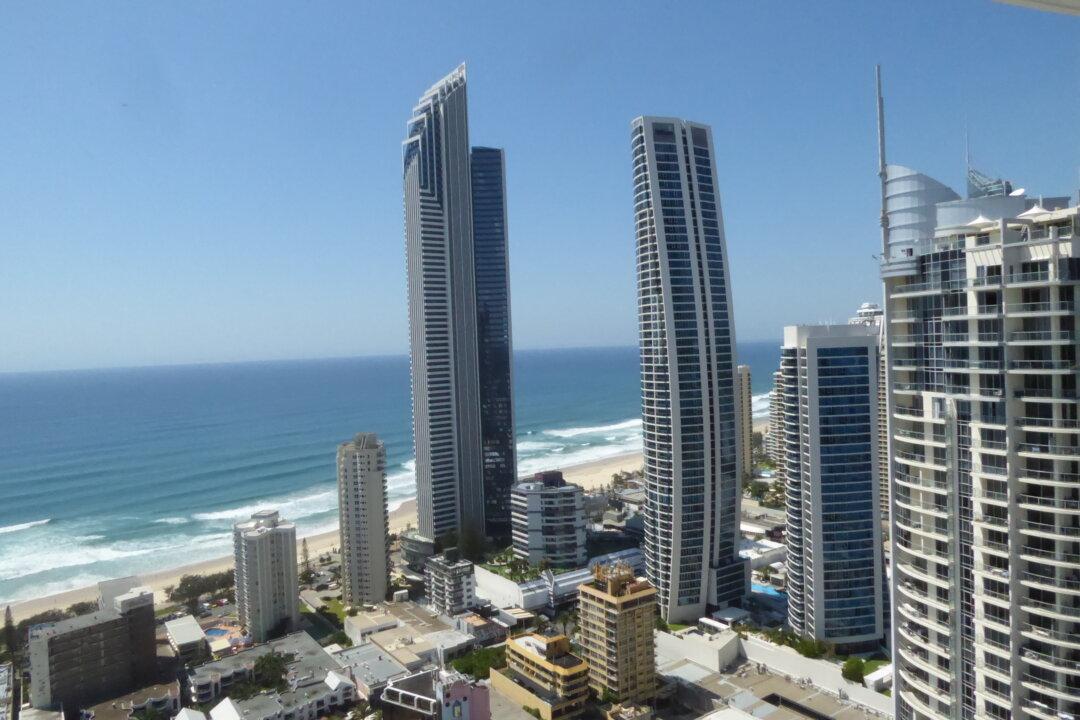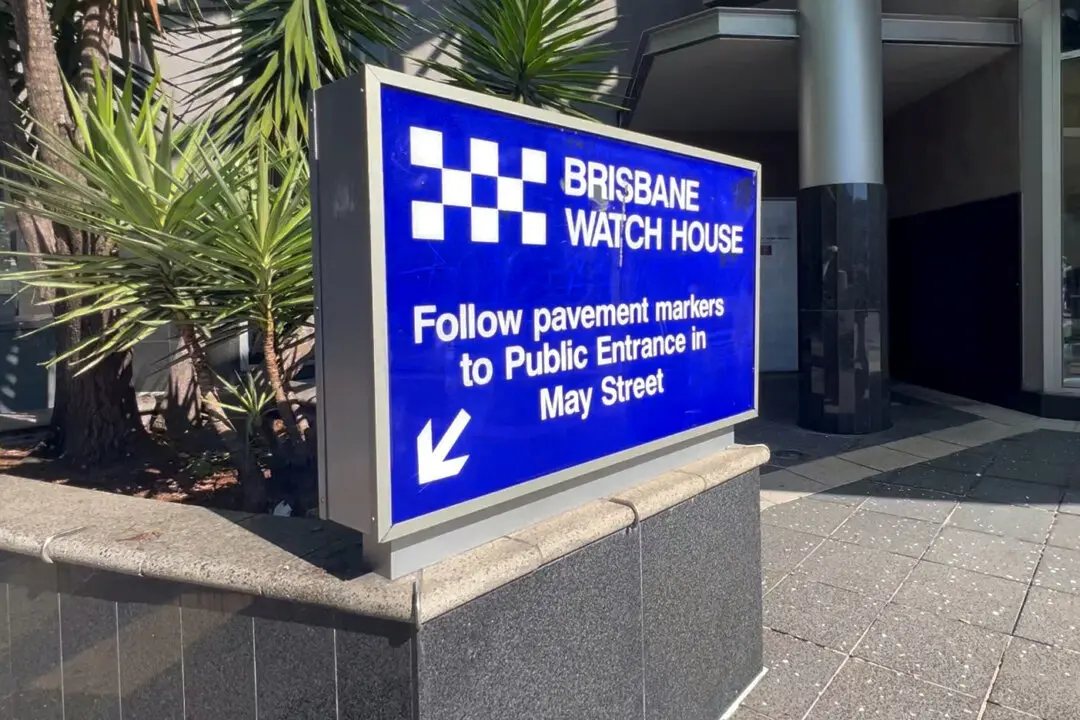Gold Coast City Council has introduced a “view tax” on apartment-dwellers on higher levels, sparking a reaction from Queensland’s peak real estate body.
The new scheme increases rates on an ascending scale after the fifth floor. Rates rises of 40 to 50 percent on higher level floors mean some residents could pay $676 (US$442) more every year.





